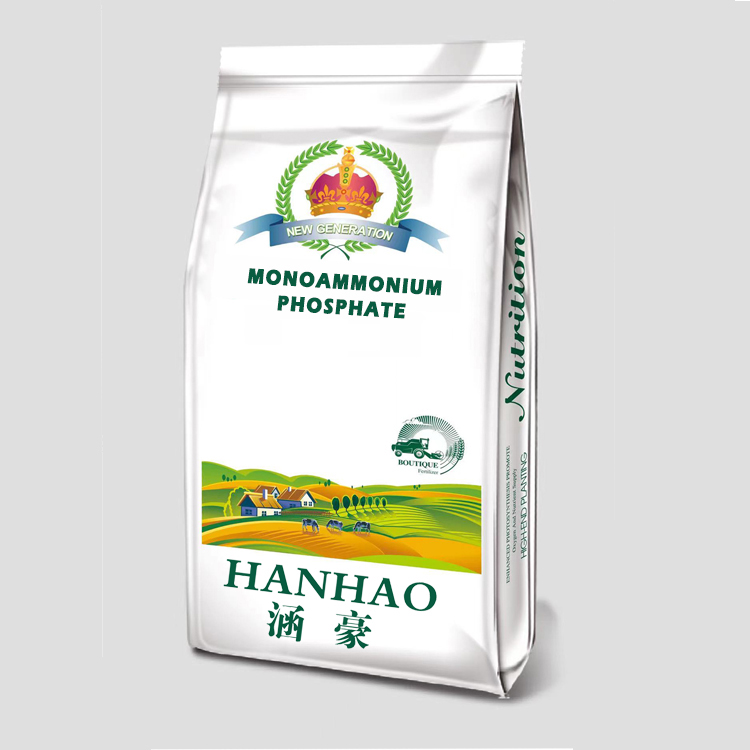
Jul . 31, 2024 23:26 Back to list
Boost Your Garden's Growth with Premium Quality 14-20-14 Fertilizer for Optimal Crop Production
The Importance of High-Quality Fertilizers A Focus on 14-20-14 Formulations
Fertilizers are essential in modern agriculture, playing a critical role in enhancing crop yields and improving soil health. Among the myriad of fertilizer formulations available, the 14-20-14 high-quality fertilizer has emerged as a standout option for farmers and gardeners alike. This article will explore the significance of 14-20-14 fertilizer, its composition, and how it can transform agricultural practices.
Understanding 14-20-14 Fertilizer
The numbers in fertilizer formulations indicate the percentage by weight of three primary nutrients nitrogen (N), phosphorus (P), and potassium (K). In the case of 14-20-14 fertilizer, it consists of 14% nitrogen, 20% phosphorus, and 14% potassium. Each of these nutrients plays a unique and vital role in plant development.
- Nitrogen (N) is crucial for vegetative growth. It is a major component of chlorophyll, the compound plants use for photosynthesis, and is necessary for the production of proteins that are vital for plant structure and function. - Phosphorus (P) is essential for root development and flowering. It contributes to energy transfer through adenosine triphosphate (ATP), which is fundamental for plant metabolism and energy storage.
- Potassium (K) helps in strengthening plant tissues, improves disease resistance, and facilitates water regulation and nutrient transport within the plant
.The balanced ratio found in 14-20-14 fertilizers ensures that crops receive the necessary nutrients for robust growth, particularly during critical stages such as flowering and fruiting.
Benefits of Using High-Quality Fertilizers
high quality 14 20 14 fertilizer

1. Increased Yield High-quality fertilizers like 14-20-14 are scientifically formulated to meet the needs of crops at different growth stages. By optimizing nutrient availability, these fertilizers can lead to significantly higher yields, which is vital for feeding the growing global population.
2. Soil Health While nutrients are important for plant growth, the quality of the soil is equally crucial. High-quality fertilizers tend to improve soil structure and promote microbial life, which are essential for nutrient cycling and overall soil fertility.
3. Efficient Nutrient Release Unlike lower-quality fertilizers that may contain fillers or ineffective compounds, high-quality fertilizers like 14-20-14 are designed for efficient nutrient release. This helps to minimize losses due to leaching or runoff and ensures that plants receive the nutrients they need when they need them.
4. Environmental Benefits By using fertilizers that are tailored to specific crop needs, farmers can reduce the risk of over-application and minimize the environmental impact. This is especially critical in preventing nutrient runoff into waterways, which can lead to harmful algal blooms and ecosystem degradation.
5. Cost-Effectiveness While the initial investment in high-quality fertilizers may be higher, the long-term benefits, including higher yields and improved soil health, can lead to greater profitability for farmers. Additionally, plants that grow stronger and healthier are often more resistant to pests and diseases, reducing the need for additional chemical inputs.
Conclusion
In summary, high-quality 14-20-14 fertilizer represents a vital component of successful agricultural practices. Its balanced nutrient composition promotes vigorous plant growth while enhancing soil health and sustainability. As the agricultural sector continues to face challenges such as climate change and increasing food demand, the use of scientifically formulated fertilizers like 14-20-14 will play an essential role in achieving food security and environmental stewardship. By investing in high-quality fertilizers, farmers can not only maximize their potential yield but also contribute positively to the ecosystem.
-
Premium 10 10 10 Fertilizer Organic for Balanced Plant Growth
NewsJul.29,2025
-
Premium 10 10 10 Fertilizer Organic for Balanced Plant Growth
NewsJul.29,2025
-
50 Pound Bags of 13-13-13 Fertilizer for All Plants – Bulk & Organic Options
NewsJul.28,2025
-
High-Efficiency 15-30-15 Granular Fertilizer for Healthy Crops
NewsJul.28,2025
-
15-30-15 Granular Fertilizer for Optimal Crop & Lawn Growth
NewsJul.27,2025
-
Premium 10 10 10 Water Soluble Fertilizer for Fast Plant Growth
NewsJul.26,2025
